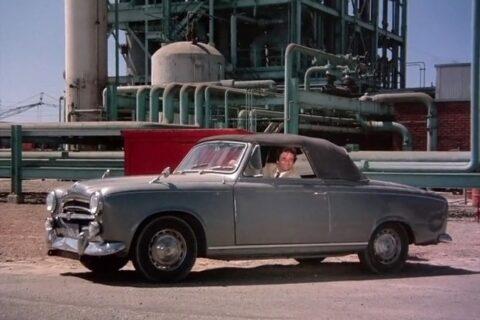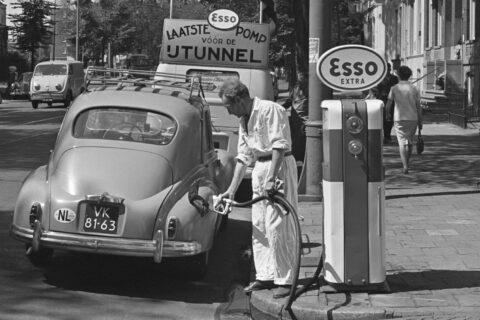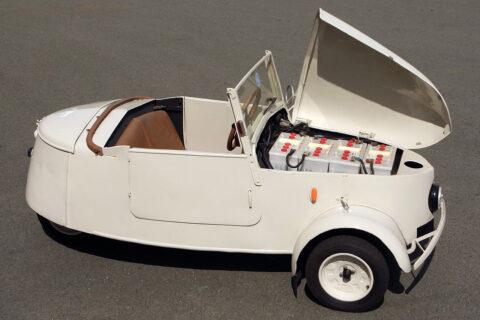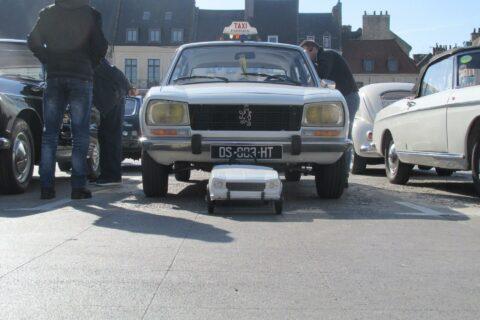Building cars has changed considerably with the strong increase in electrification. On the outside it all still looks recognizable as a car, but a lot has changed under the skin. Car brands need to reinvent themselves on this point. This also means that other talents are needed to maintain the high quality and safety of the ‘products’. The image must not suffer from the new steps that manufacturers have to take to continue to serve the market. This is also the case with Peugeot.
At Stellantis, technicians tirelessly build electric cars and receive special training before they can start working in the factories in France, Spain and Slovakia. Each battery is also tested to ensure it is reliable, performs optimally and lasts as long as possible.
In 2022, Peugeot’s electrification will be accelerated with the introduction of the new 408, which will complement the range of plug-in hybrid models alongside the new 308 and fully electric light commercial vehicles. By 2022, more than 70% of the Peugeot model range sold worldwide will be electrified. In Europe, electrified models accounted for one in four passenger cars sold in the first half of 2022. That’s an improvement from one in six in 2021.
In 2025, the entire Peugeot model range will have at least one electrified variant. This requires a considerable additional demand for batteries. Peugeot expects to produce up to 10,000 batteries per month for its passenger cars and 7,000 batteries per month for its advanced light commercial vehicles next year.
It takes about 60 minutes to produce one 50 kWh battery (cells and components are pre-assembled). 90 minutes are required for the larger 75 kWh batteries. The team also puts each battery through a series of rigorous tests. As a result, the brand can safely give an 8-year or 160,000-kilometer warranty on the batteries. Within that period/distance, the battery is guaranteed to provide at least 70% of its charging capacity.



The testing process takes 15 minutes and is necessary for approval of the produced batteries.
– The first test simulates battery operation in a car to test its reliability.
– A performance test simulates battery operation at full power.
– The last test is a sealing test. The battery is pressurized with gas and checked for possible leaks based on possible pressure loss. A good seal prevents water and dirt from entering the battery cells, limiting battery life or performance.
The technical specialists work in the specially equipped battery production sites of the five factories of the Stellantis Group: Sochaux and Mulhouse (France), Vigo and Saragossa (Spain) and Trnava (Slovakia). A factory in Hordain (France) will soon be added. The electric and fuel-powered models are produced on the same production line.
Technicians who produce and test the batteries for Peugeot models come from the Stellantis factories. Selected based on their skills in electrical engineering, they receive specialist training for a month. As a result of the energy transition and the increasing share of electrified models, Peugeot and the Stellantis Group are also further expanding the number of qualified technicians.
Jérôme Micheron, Product Director at Peugeot: “The electrification of the Peugeot model range is a success. The electrified models will already account for one in four passenger cars sold in Europe in the first half of 2022. Peugeot has a wide range of electrified models. For example, there are the fully electric e-208 and e-2008. The new 408, new 308 (Berline and SW) and the 3008 and 508 (sedan and SW) are available as a plug-in hybrid. The range of light commercial vehicles is even fully electrified with the e-PARTNER, e-EXPERT and e-BOXER.”





